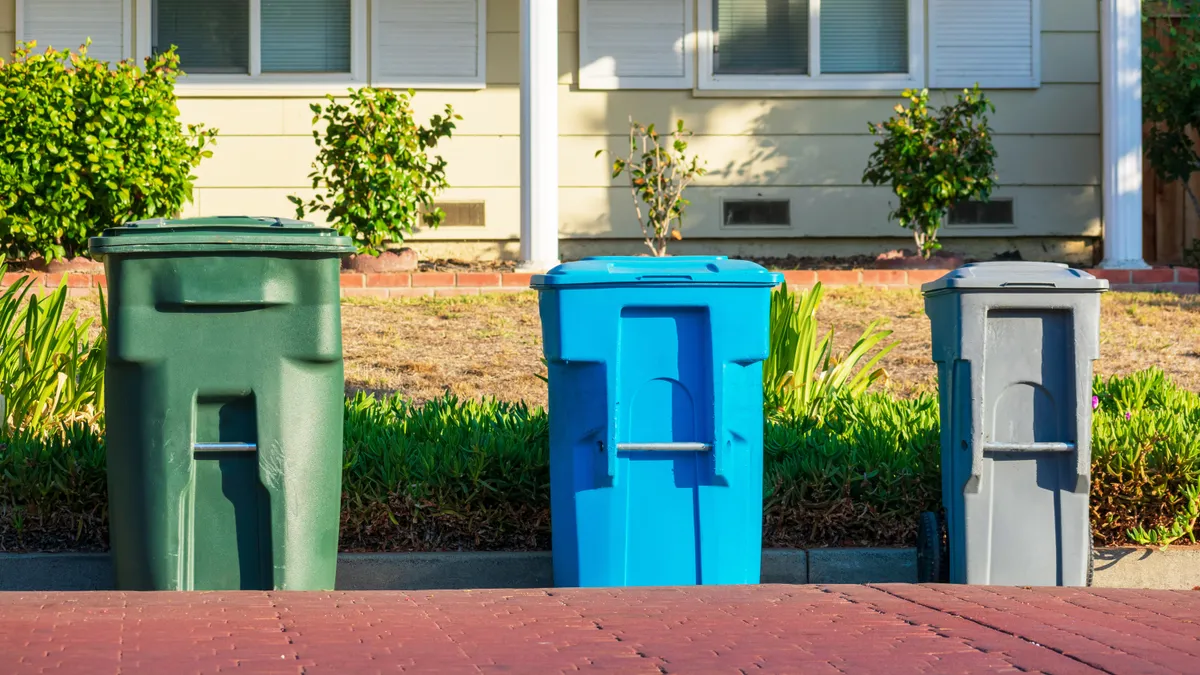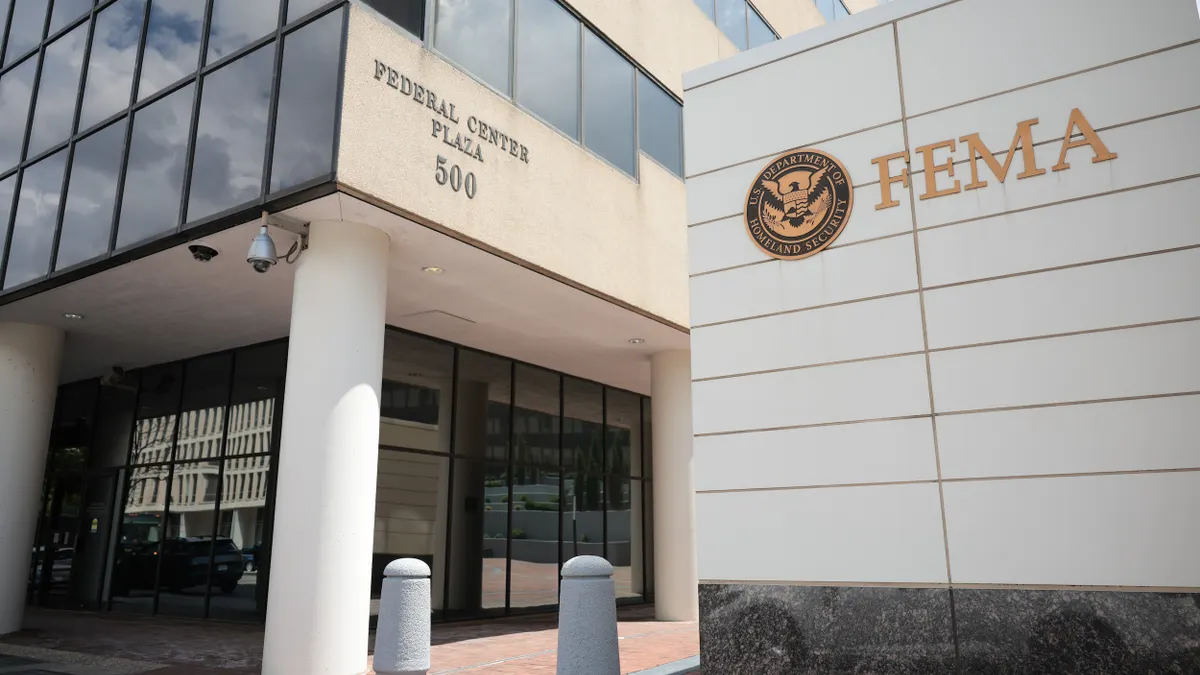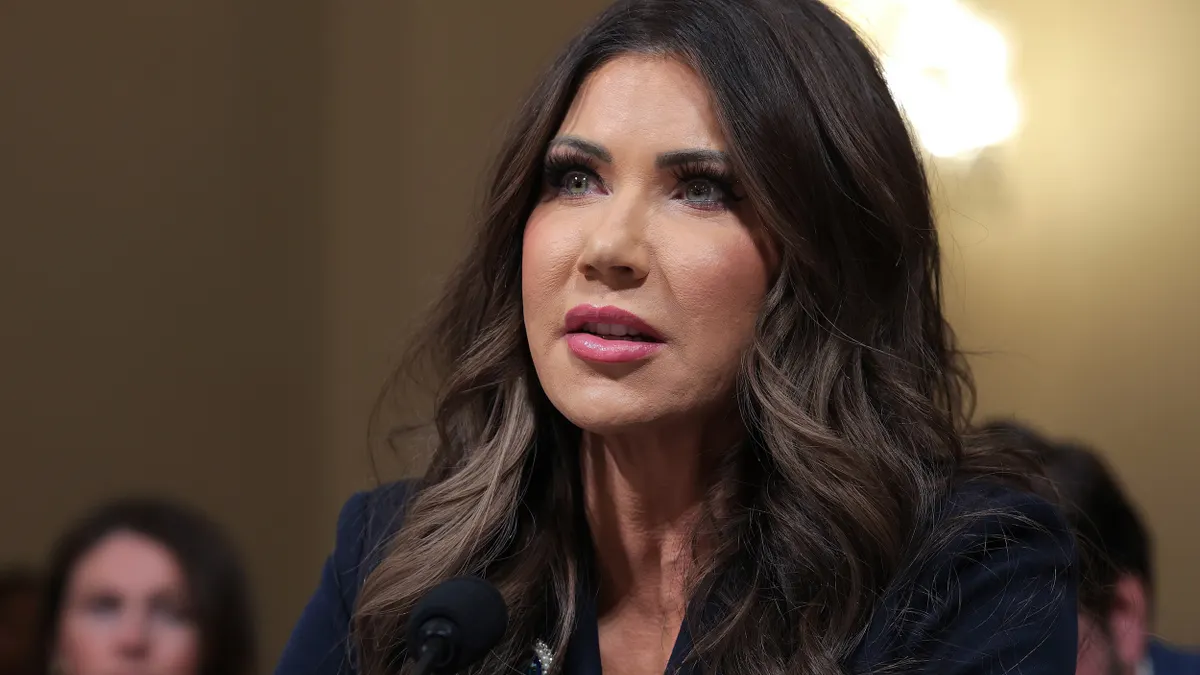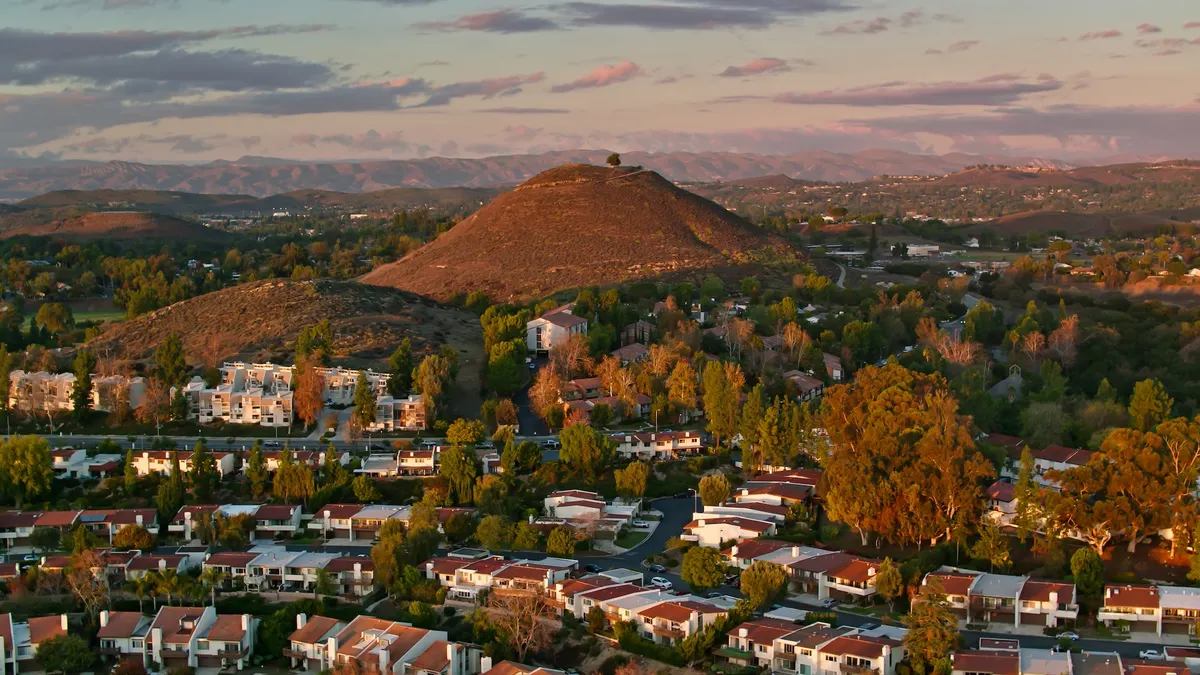Approaches and definitions to the term “zero waste” may differ, but one thing is clear: the concept has become an increasingly mainstream part of local government policy.
"Zero waste has taken over,” said Neil Seldman, former director of the Institute for Local Self-Reliance’s Waste to Wealth Initiative. "Zero waste is now, I would say, the conventional wisdom."
However, the term’s definition and the strategies to achieve it can differ widely. While local government recycling initiatives and grassroots efforts to reduce the generation and disposal of waste date back many decades, the term zero waste first gained prominence in the U.S. around the early 2000s.
A history from ILSR attributes the shift from phrases such as “total recycling” or “no waste” to American recycling professionals’ engagement with counterparts in Australia and New Zealand, who were pursuing their own efforts in the late 1990s. The Zero Waste International Alliance, organized in 2002, adopted what it describes as “the first peer-reviewed internationally accepted definition” of zero waste in 2004.
“Zero waste: The conservation of all resources by means of responsible production, consumption, reuse, and recovery of products, packaging, and materials without burning and with no discharges to land, water, or air that threaten the environment or human health.”

ZWIA (2018)
Momentum toward zero waste continued to build in the early 2000s as climate change became a greater focus for local governments at the time, said Gary Liss, a longtime city consultant and vice president of Zero Waste USA. Liss cited the 2005 Urban Environmental Accords (signed in San Francisco as part of a United Nations event) as one key milestone, as well as the 2006 climate documentary “An Inconvenient Truth.”
"That translated via the 2010 period to cities ... finding that solid waste was one of the quickest, easiest, most effective ways to address climate change at the local level,” Liss said. "It used to be a West Coast phenomenon, particularly for Washington and California, but now most of the major cities on the East Coast have adopted zero waste.”
It can be quicker to adapt waste systems than other systems with large greenhouse gas emissions footprints, Liss said, such as transportation or energy. Another recent example of this emerging as a municipal climate priority is the C40 Cities initiative coming out in support of zero waste, with more than two dozen major cities (including some from the U.S.) signing on.
As more local governments set zero waste or high diversion rate targets, it has also become clear that some targets will have a more direct effect on local waste systems than others.
Lily Baum Pollans, author of "Resisting Garbage: The Politics of Waste Management in American Cities" and an associate professor at Hunter College, said some cities may set targets but aren’t always ready to make the deeper changes required to achieve them.
"The goals can be extremely useful, but if the city's not willing to make the necessary investments, they're not meaningful," she said. "We need to reassess our expectations about how much it costs to make systemic change."
Pollans said some of the follow-through can be affected by turnover among elected officials who may have different priorities. But that isn't always the case, as shown by her research on two specific cities: Seattle has sustained its focus on its waste reduction goals despite leadership changes, while Boston had the same mayor for more than 20 years, until 2014, and saw little movement in that period.
Liss said poitical turnover can affect the pace or scope of zero waste efforts, but he believes the broader trend has been "more and more communities embracing it." The growing prevalence of sustainability directors or related positions in local government can also help provide institutional knowledge, he added. For residents or city staff members who want to see their governments embrace the idea, Liss suggested advocating at local meetings and starting with even one sentence of support for zero waste in climate action or sustainability plans to get the discussion moving.
Cities also can draw inspiration from zero waste efforts at local businesses or universities, Liss said, which in turn can spur support for the passage of local government policies. Those policies may differ based on what's possible in a given state — some state preemption laws prevent local governments from banning single-use products, while others are passing sweeping extended producer responsibility laws — and can be tailored to reflect a community’s values.
While the most common definition of zero waste is a 90% diversion rate or higher, with many U.S. environmental advocates expressing a preference for the remainder going to landfills rather than other thermal disposal options, goals and policies vary. In some cases, city or county governments have passed supportive laws requiring mandatory organics collection or commercial building recycling; in other cases, the goals are nonbinding documents.
Research about progress in major U.S. cities shows the goals can be fluid, with some more robust than others, but Liss said this should not be a reason to discount ambitious targets.
"Goals do have consequences, they do mean something," he said. "It's not to be adopted and then ignored. The goals need to be living. They need to be visible, transparent, achievable and reported on annually."
The need for potential goal adjustments has become even more of a factor lately as many cities saw their zero waste efforts paused or hindered during the early pandemic years. According to Pollans, the initial system shock and the pivot back to single-use products "reset some of the progress on not just understanding how urgent climate change is," but also "the role that solid waste management could potentially play in moderating the impacts."
At the same time, Pollans cited Seattle as an example of how cities can benefit from keeping high targets even if they may not currently be achievable.
"The act of trying to meet the goals, which are constantly pushing beyond their current capacity, has been a dynamic that's really propelled the city into more and more different sections of the waste stream," she said.
For longtime advocates such as Seldman and Liss, the path ahead is clear regardless of any near-term disruptions.
"We feel we've helped the country make a historic turn," said Seldman, comparing this to the adoption of recycling programs in prior decades. "Now it's just a question of making it as efficient, and to reach as many locations in the country, as possible."
Seldman, recently retired from ILSR, is now working on a Recycling Cornucopia Program, in connection with Zero Waste USA, to advise up to 12 communities per year on their efforts. Some of these projects are focused on closing mass burn combustion facilities (an ongoing point of debate for some cities with zero waste goals) as well as developing more regional recycling markets.
While Liss said few cities have fully hit their zero waste benchmarks yet, with target dates for many either coming up or already passed, he said some have approached that level and the path forward will be unique in each area.
"Zero waste has not been started universally in one way," he said. "It's come from a lot of different threads and different perspectives."
Zero waste resources
The term zero waste encapsulates several waste management practices, design principles and environmental philosophies. Zero waste plans can be more aspirational than operational plans for local solid waste management systems, with a greater focus on how to push reuse, recycling and composting beyond current levels. These goals have become increasingly intertwined with related topics, such as climate change, environmental justice and product design.
Communities, businesses and others looking to learn more can find guidance in the resources below:
- U.S. EPA case studies, policies and contract language for zero waste city efforts
- ZWIA zero waste community principles
- 2015 U.S. Conferences of Mayors zero waste principles
- Eco-Cycle Solutions’ community zero waste road map
- Solid Waste Association of North America resources on zero waste principles and practices
- Sample resources for municipal waste planning: Zero Waste USA, GBB, SCS Engineers
Research contributed by Ryan Call






















